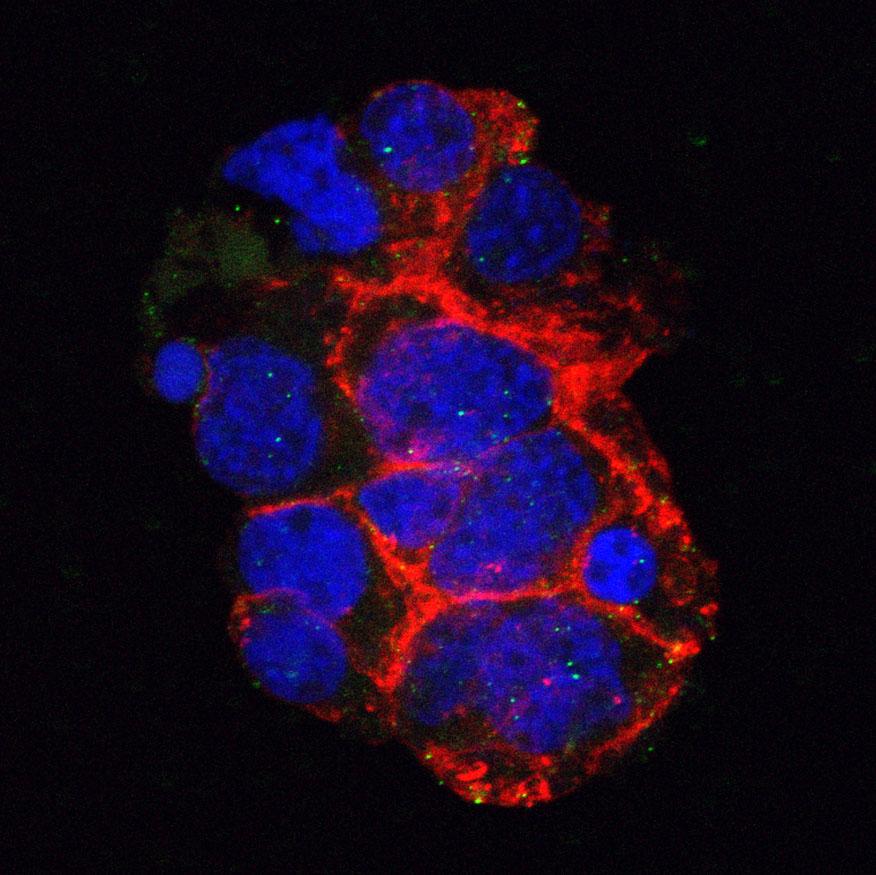The immune response to lumpy skin disease virus in cattle is influenced by inoculation route
Lumpy skin disease virus (LSDV) causes severe disease in cattle and water buffalo and is transmitted by hematophagous arthropod vectors. Detailed information of the adaptive and innate immune response to LSDV is limited, hampering the development of tools to control the disease. This study provides an in-depth analysis of the immune responses of calves experimentally inoculated with LSDV via either needle-inoculation or arthropod-inoculation using virus-positive Stomoxys calcitrans and Aedes aegypti vectors. Seven out of seventeen needle-inoculated calves (41%) developed clinical disease characterised by multifocal necrotic cutaneous nodules. In comparison 8/10 (80%) of the arthropod-inoculated calves developed clinical disease. A variable LSDV-specific IFN-gamma immune response was detected in the needle-inoculated calves from 5 days post inoculation (dpi) onwards, with no difference between clinical calves (developed cutaneous lesions) and nonclinical calves (did not develop cutaneous lesions). In contrast a robust and uniform cell-mediated immune response was detected in all eight clinical arthropod-inoculated calves, with little response detected in the two nonclinical arthropod-inoculated calves. Neutralising antibodies against LSDV were detected in all inoculated cattle from 5-7 dpi. Comparison of the production of anti-LSDV IgM and IgG antibodies revealed no difference between clinical and nonclinical needle-inoculated calves, however a strong IgM response was evident in the nonclinical arthropod-inoculated calves but absent in the clinical arthropod-inoculated calves. This suggests that early IgM production is a correlate of protection in LSD. This study presents the first evidence of differences in the immune response between clinical and nonclinical cattle and highlights the importance of using a relevant transmission model when studying LSD.
